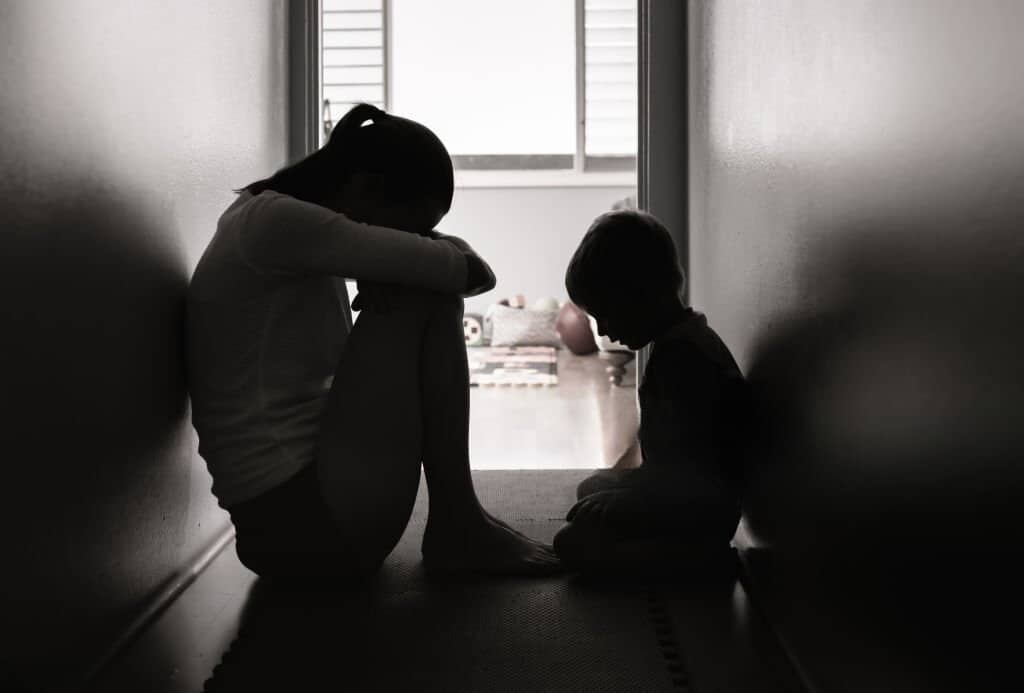
Toxic Mother Daughter Relationships: Power and Pain
When we think of matriarchy, strength, support, and empowerment often come to mind. In these societies, women lead households, pass down inheritance, and make decisions through mutual consent. Mothers and daughters typically form relationships based on trust and equality. This structure provides women with authority over their own lives, helping them navigate challenges more independently. However, when nurturing turns into control, the relationship can become toxic, causing lasting harm. A toxic mother daughter relationship can turn what begins as empowerment into manipulation and emotional control, leaving wounds that last for generations.
Even well-known figures like Maria Callas and Judy Garland suffered from toxic relationships with their mothers. Their lives reveal how these destructive dynamics can damage personal and professional growth, leaving emotional scars that are hard to heal.
Maria Callas: Triumph Shadowed by Sadness

Maria Callas, one of the greatest opera singers of the 20th century, faced a toxic mother daughter relationship with her mother, Evangelia. From a young age, Evangelia pushed Maria into the spotlight, seeking to escape poverty through her daughter’s success. She focused more on Maria’s career than on her emotional well-being. As a result, Maria spent her life trying to meet her mother’s demands. Despite her achievements, Maria struggled with self-worth, exhaustion, and emotional manipulation from her mother, who used guilt to maintain control. Callas’ life shows how toxic relationships can overshadow even the most impressive triumphs.
Judy Garland: The Price of Fame

Similarly, Judy Garland, the star of The Wizard of Oz, experienced a controlling relationship with her mother, Ethel Gumm. From a young age, Ethel pushed Judy into show business, using harsh methods to ensure her success. Ethel gave Judy stimulants to keep her performing and sleeping pills when she needed rest. Consequently, Judy never had a real childhood. She felt exploited by her mother, which led to lifelong struggles with addiction. Like Maria Callas, Judy’s toxic mother daughter relationship left her emotionally scarred and trapped in destructive patterns.
Mutual Empowerment in Healthy Matriarchies
In healthy matriarchal societies, mothers and daughters share a bond of mutual empowerment. They make decisions together, without being pushed into submissive roles. In these environments, women teach each other to be bold, confident, and free from restrictive gender roles. Often, grandmothers head these families, passing down not only material inheritance but also wisdom and leadership. As a result, this dynamic fosters better health outcomes for both mothers and daughters, who thrive in these supportive environments.
The Dark Side: Toxic Mother Daughter Relationship

However, not all matriarchal relationships lead to empowerment. Sometimes, nurturing turns into control. When this happens, a toxic mother daughter relationship can develop, marked by emotional manipulation and enmeshment. Instead of encouraging independence, controlling mothers keep their daughters emotionally tied to them. This control erodes confidence and self-worth.
Parentification: An Unfair Burden
In many toxic mother daughter relationships, parentification becomes an issue. This happens when daughters take on adult responsibilities too early. They often prioritize their mother’s emotional needs above their own. As a result, these daughters struggle with feelings of inadequacy. They grow up trapped in a cycle of seeking their mother’s approval, often finding it hard to form healthy relationships in adulthood.
Emotional Enmeshment and the Loss of Identity
In an enmeshed toxic mother daughter relationship, boundaries blur. The daughter struggles to separate her identity from her mother’s. She becomes an extension of her mother’s will. Over time, this emotional entanglement damages the daughter’s development. She may feel incapable of making decisions independently, constantly fearing her mother’s disapproval. This lack of autonomy keeps her emotionally trapped.
Breaking the Cycle
Fortunately, breaking free from a toxic mother daughter relationship is possible. Healing starts with recognizing the patterns. Therapy, self-reflection, and setting boundaries are critical steps. These steps help daughters reclaim their sense of self, allowing them to build healthier relationships. With time, daughters can free themselves from the control of their mothers and stop the cycle from affecting future generations.
https://pubmed.ncbi.nlm.nih.gov/34862904


You May Also Like

The Trophy Of The Fight Is Justice.
October 15, 2024
The Impact of Female Leadership
February 10, 2025
